Blitz
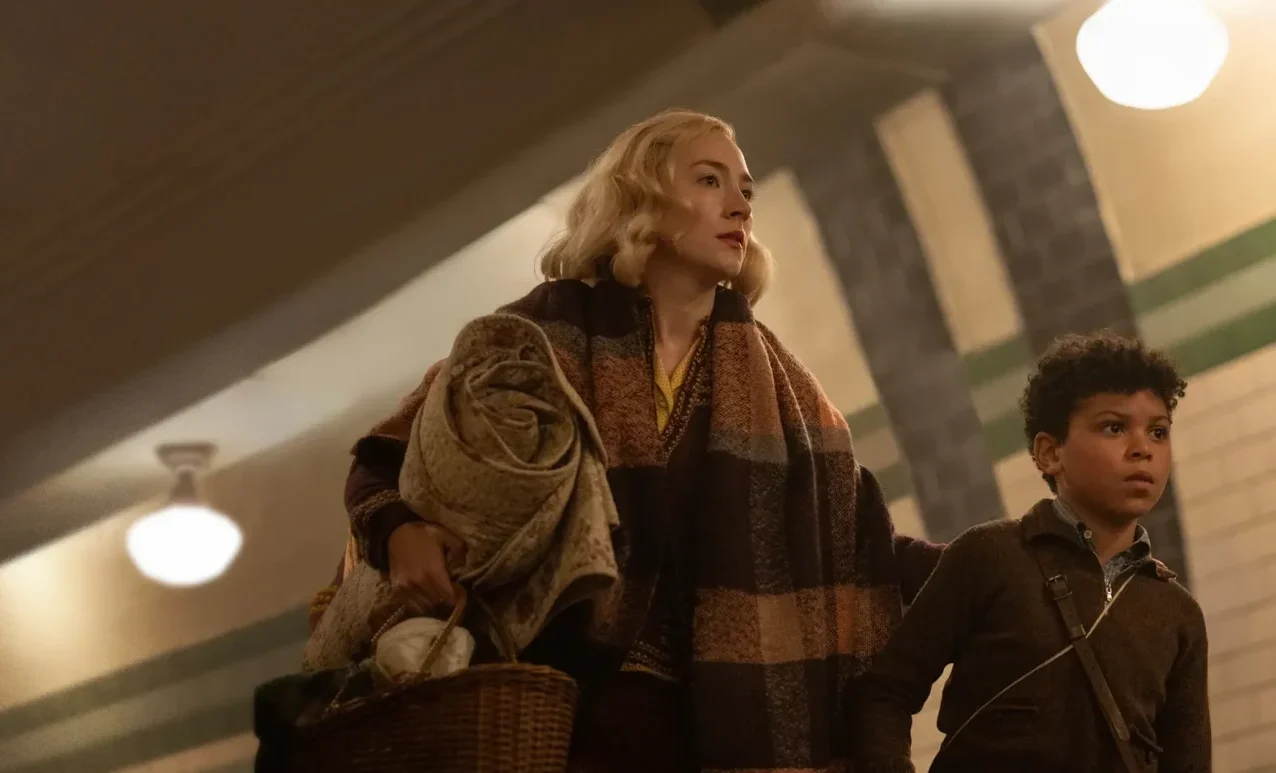
A young boy torn from his mother by urban warfare, setting off on a harrowing journey through a hellscape to be reunited with family: on the face of it, Steve McQueen’s Blitz is the London-based mirror image of Steven Spielberg’s child’s eye wartime odyssey Empire of the Sun. However, the movie Blitz calls to mind more insistently still is A Little Princess, the WWI-set, semi-mystical tale of a girl seeking to reunite with a father seemingly lost to war. For all its large-scale chaos, there is a similar strain of near-whimsy in McQueen’s film. It can be found in the intermittent twinkling piano of Hans Zimmer’s score, or in the picaresque, danger-defying adventures of its young lead (newcomer Elliott Heffernan). The fable-like simplicity of the whole proves both the film’s asset and its straitjacket.
Having flown the coop from his own evacuation from bombed-out London, young George seeks to return to his harried, loving mother (Saoirse Ronan), encountering both the kindnesses and cruelties of strangers along the way. These vignettes of close encounters with all walks of London life are touching, tense, slightly cloying and didactic by turns, sometimes all at once. A trio of precocious runaway brothers show George a comradeship the oft-bullied boy has scarcely known, but their presence feels like a dollop of sugar too far. Additionally, it’s hard to know what to make of a Dickensian detour that brings in Stephen Graham as a Fagin-like underworld kingpin in search of child thieves. So broadly drawn are these characters that Blitz comes to embody a conundrum that may have never been foreseen for the filmmaker who arrived as the exacting formalist behind Hunger and Shame: it’s undoubtedly too intense for child audiences, but can feel too bluntly instructional to fully connect with an adult one either.
In the feature’s strongest vignette, George forms an unexpected connection with a British-Nigerian officer named Ife (played, in disarmingly understated fashion, by the musician Benjamin Clementine). There’s an easy-going warmth in their brief encounter, and it registers strongly enough not to be undone by the forced scene in which Ife lambasts a racist couple in an underground shelter before launching into a speech on the equality of all Londoners. The scene’s wish-fulfilling sincerity is not in doubt, but its emotional point can only feel redundant when Heffernan’s face tells so much of the story already. As he watches Ife with a combined relief and astonishment, one senses the biracial boy long told he doesn’t belong has felt a missing piece of his heart finally falling into place.
Elsewhere, McQueen stages some terrifying set pieces, none more memorable than an almost self-contained visit to a raucous jazz club. One minute the revellers are at a celebratory peak, the next the place has been transformed into a dust-caked mausoleum, its dead inhabitants slumped peacefully in their chairs as if asleep. Still, Blitz is a piece about wartime that is neither harsh nor unsentimental, and come the end, one ultimately welcomes the choice. Easy though it would be for the film to lapse into maudlin manipulation, and as uneven as the results often are, its softness nonetheless reads as an authentic extension of generosity to characters adrift in a world with little generosity to offer them. Curiously, its abrupt ending feels like McQueen’s wisest decision. There may be warmth to be found in this mother-son duo’s struggles, but the struggles themselves show no signs of abating soon.
Thomas Messner
Blitz will be released on Apple TV+ on 22nd November 2024.
Watch the trailer for Blitz here:

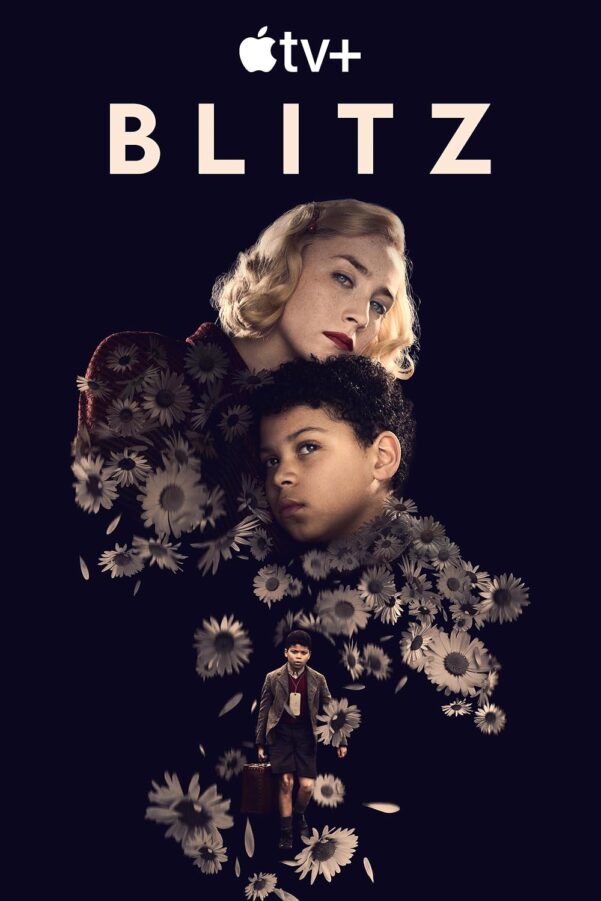
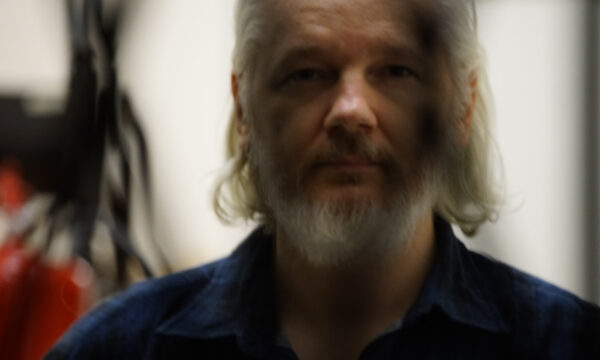

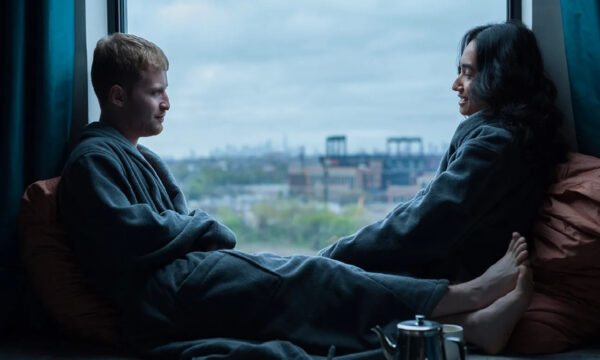
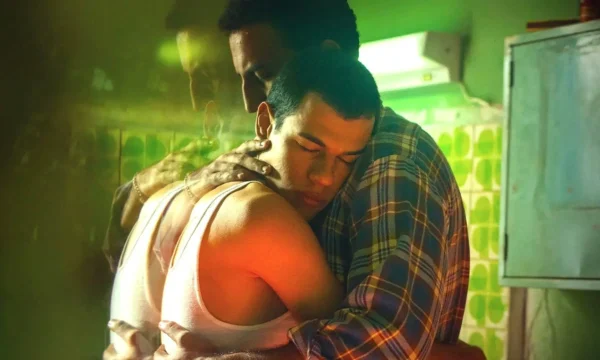

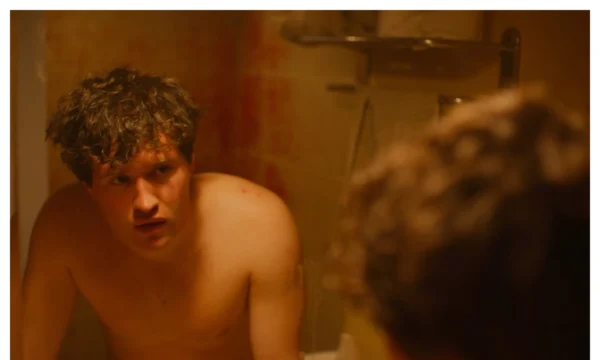

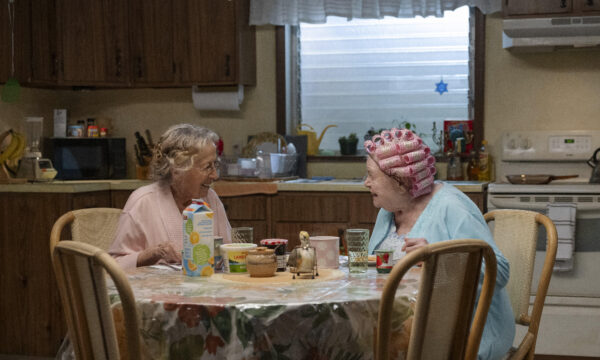
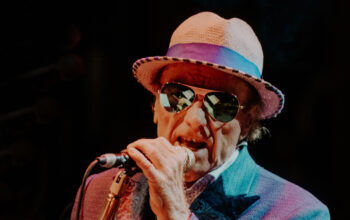



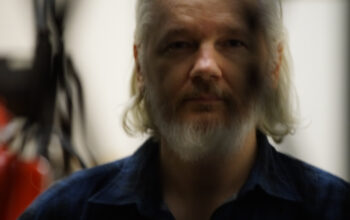

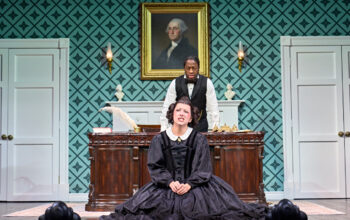
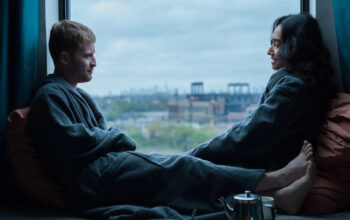





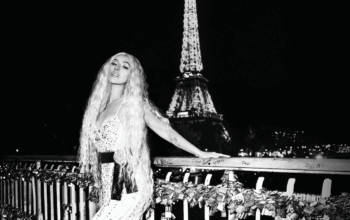
Facebook
Twitter
Instagram
YouTube
RSS